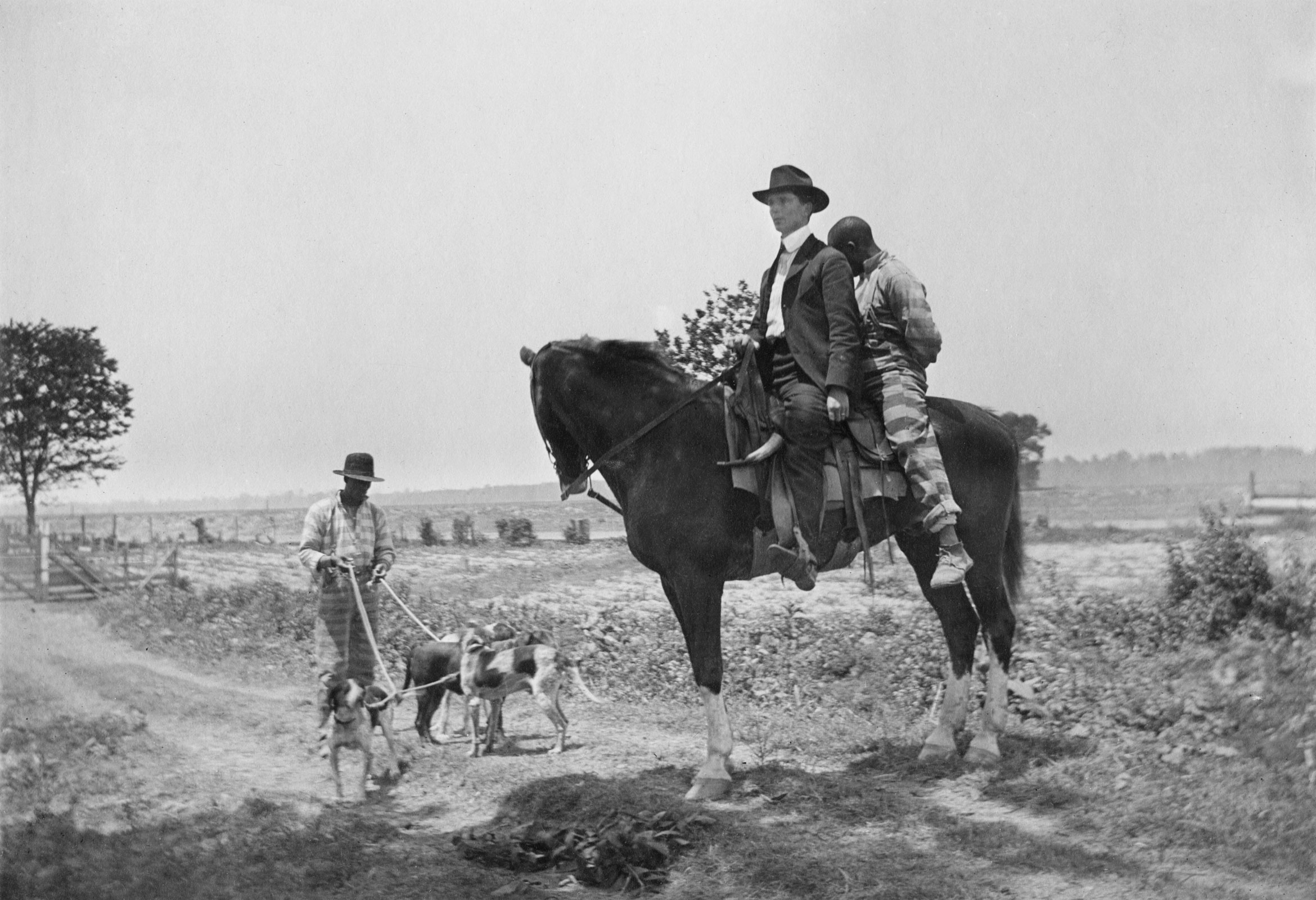

With no means to pay these "debts," prisoners were sold as forced laborers to coal mines, lumber camps, brickyards, railroads, quarries, and farm plantations. From the aftermath of the Civil War through the dawn of World War II, under laws enacted specifically to intimidate blacks, tens of thousands of African Americans were arbitrarily arrested, hit with outrageous fines, and charged for the costs of their own arrests. Currently, he works as Atlanta bureau chief for The Wall Street Journal.Ī documentary film based on Slavery by Another Name is currently in production.A sobering account of a little-known crime against African Americans, and the insidious legacy of racism that reverberates today. He previously worked as a reporter at the Atlanta Journal-Constitution. Announcing the prize, the Pulitzer committee called Blackmon's book "a precise and eloquent work that examines a deliberate system of racial suppression and that rescues a multitude of atrocities from virtual obscurity."īlackmon was born in Arkansas and grew up in the Mississippi Delta. He won the Pulitzer Prize for General Non-Fiction for Slavery by Another Name: The Re-Enslavement of Black Americans from the Civil War to World War II.īased on a vast record of original documents and personal narratives, Slavery by Another Name unearths the lost stories of tens of thousands of slaves and their descendants who journeyed into freedom after the Emancipation Proclamation and then back into the shadow of involuntary servitude in the 20th century. Blackmon is an American writer and a Pulitzer Prize winner. Announcing the prize, the Pulitzer committee called Blackmon's book "a precise and eloquent work that examines a deliberate system of racial suppression and that rescues a multitude of atrocities from virtual obscur Douglas A. Based on a vast record of original documents and personal narratives, Slavery by Another Name unearths the lost stories of tens of thousands of slaves and their descendants who journeyed into freedom after the Emancipation Proclamation and then back into the shadow of involuntary servitude in the 20th century. He won the Pulitzer Prize for General Non-Fiction for Slavery by Another Name: The Re-Enslavement of Black Americans from the Civil War to World War II.


 0 kommentar(er)
0 kommentar(er)
